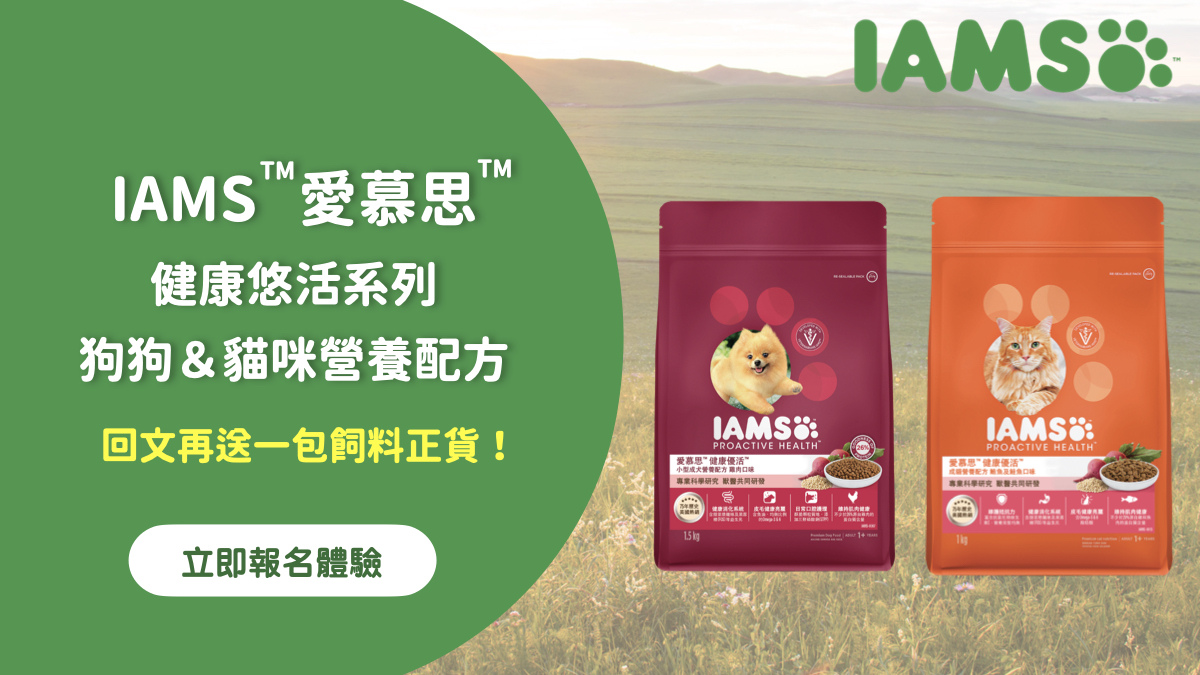close
I arrived in Hong Kong in 1951 and have remained here ever since, and have no plans to return to Britain.迷你倉樂器 Hong Kong was totally different in those early days from it is today. The buildings were mainly four-story high. Travel was by railway, bicycle, rickshaw or bamboo chairs carried by coolies, while baggage was carried on bamboo poles over the shoulders of coolies. Tramcars also served people on Hong Kong Island and have become so popular that ordinary folks and many visitors prefer to travel by tramcar even today.Soon double-decker buses and taxis also appeared, some legally registered, others unregistered, which is illegally. People leaving the mainland for Hong Kong came daily by the thousands, and the streets became crowded with the so-called ‘’refuges’’. Corruption increased as illegal vehicles of all manners appeared on the streets. The unregistered taxis and mini-buses were called “pak pai” vehicles, literally meaning ‘’white licence’’, because they had no business licences. Some corrupt civil servants closed their eyes to these illegally operated vehicles on the roads since they stood to gain from it. Senior civil servants were expected to have their own cars, or to travel by taxis, because they were considered superior to the local people.As a Briton, I was expected to live like the “upper class” civil servants, but was not rich enough to do that, and preferred to live and travel like the Chinese. I was in Hong Kong to serve the people, not to make money. In fact, I felt very angry when I saw Europeans being given preferential treatment over Hongkongers.I remember going one day to buy stamps at the Post Office in Tsim Sha Tsui. I joined the queue of people waiting to buy stamps but the clerk called me to go to the counter, and told me that I should go first in the queue. On another occasion, while queuing for a taxi in Tsim Sha Tsui, I noticed a well-dressed European came from the back of the queue and walked quickly to the front, obviously intending to “jump the queue”, while Chinese customers stared angrily at him. I ran to the front and told the taxi driver not to allow him to jump the queue. But the European opened the other door and jumped in first, ordering the driver to drive him first. This kind of conduct really upset me. It made me realize how colonialism was the enemy of the local people. However, I must add that I occasionally met Europeans who shared my feelings about such racial discrimination. The fact is that the vast majority of them were here to make money, not to serve the people, and many did not hesitate to 迷你倉西貢reat them as inferiors.Housing then was in short supply, just as it is today. Workers earned such a pittance that they could not rent a flat. In those days, the triads took charge of hill-sides and demanded payment from anyone who built a hut on them. Consequently, the hills and large areas of vacant land from Diamond Hill to Wong Tai Sin and Kowloon City were very popular for hut-building because of their nearness to the main shopping areas such as Nathan Road, Kowloon City, Waterloo Road, Prince Edward Road and other old urban districts.The influx of people from the mainland was almost fully controlled by triads, many of which were connected with government departments, and were even tolerated corruptly by senior government officials.What worries me today is the fact that the housing problem has now become as bad as or even worse than in those days, because no one is allowed to build a hut anywhere, as in the 1950s. The situation eased a little after the hillsides were cleared of wooden huts to free land for government development, and the hut dwellers were given resettlement. In order to clear the land, former hut dwellers whose existence on the hills had been registered were given resettlement housing which was cheap and safe from fire and inclement weather. Despite its primitive amenities, resettlement housing helped build up Hong Kong’s economy. Now, in 2013, we are back to the housing problems of the 1950s, and the government now seems to do plenty of talking but not achieving enough to meet rising demand.The mainland, meanwhile quickly, even miraculously, developed her economy, pulling hundreds of millions of its people out of poverty. I wish the late paramount leader Deng Xiaoping had moderated his oft-quoted remark, “To be rich is glorious” and that he had said instead “For all the people of a country to become prosperous is glorious”. The world already has too many billionaires who keep their money in their families, and close their eyes to the badly paid and half-starved workers and the uncared for elderly.The author, born in 1913, arrived in Hong Kong in 1951 to begin her long and uninterrupted work on helping the poor and disenfranchised through her various roles as an educator, social activist, and as an elected member of the Urban Council and Legislative Council of Hong Kong, and other public offices she held.The opinions expressed on this page do not necessarily reflect those of China Daily. Readers’ comments are welcome. Please send your e-mail to opinion@chinadailyhk.com. China Daily reserves the right to edit all letters.迷你倉將軍澳
全站熱搜


 留言列表
留言列表


